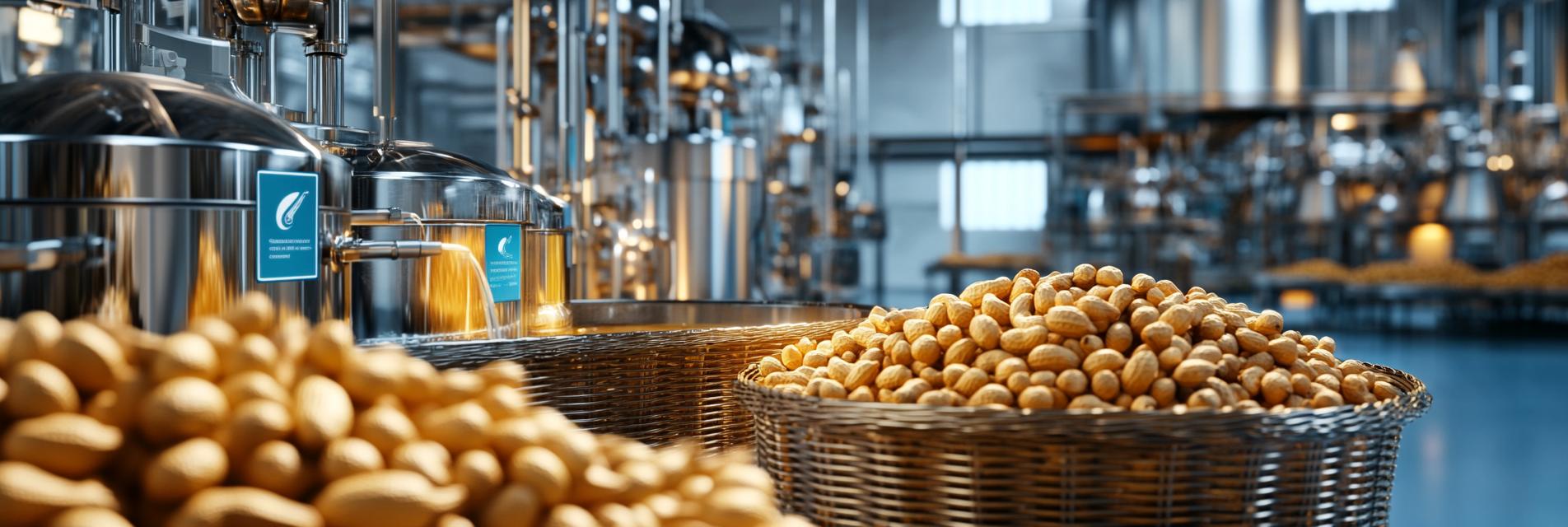In recent years, the demand for eco-friendly and sustainable cooking oils has surged. As a leader in the production sector, I’ve explored innovative techniques in peanut oil production that emphasize both health benefits and environmental responsibility. This article will delve into these techniques, aiming to provide not only insights but also a call to action for adopting sustainable practices.
Sustainable peanut oil is produced with methods that ensure minimal environmental impact. This involves using organic peanuts, reducing chemical fertilizers, and utilizing efficient extraction processes. Embracing sustainability not only aids in preserving our environment but also enhances the nutritional profile of the oil.

1. Organic Farming: Sourcing peanuts from organic farms significantly reduces pesticide use and enhances the oil's purity. 2. Cold Press Extraction: This method preserves more nutrients and flavor while reducing energy consumption. 3. Waste Reduction Strategies: Implementing recycling practices to turn by-products into animal feed or compost enhances overall sustainability.
Not only does sustainable peanut oil benefit the planet, but it also offers several health advantages. Its high levels of monounsaturated fats and antioxidants make it a heart-healthy choice. Additionally, the absence of harmful chemicals in organic production leads to a cleaner product.

To make a substantial impact, it’s crucial for producers to adopt these sustainable practices holistically. Engaging with local farmers, investing in advanced technology, and promoting the benefits of sustainable oil in marketing campaigns are essential steps towards creating a sustainable future.
In conclusion, sustainable peanut oil production not only contributes to a healthier planet but also supports healthier food choices. I encourage all stakeholders in the industry to consider these eco-friendly techniques and join the movement towards sustainable cooking oils. Together, we can make a difference for our health and the environment.

